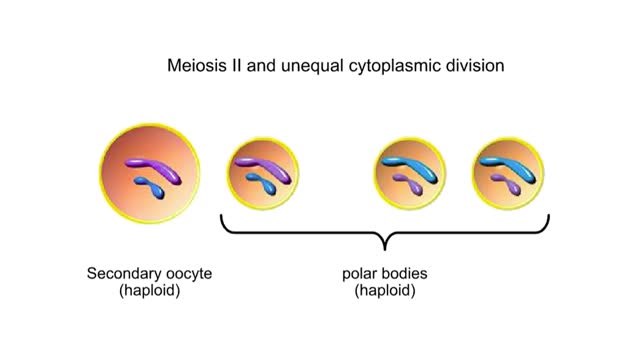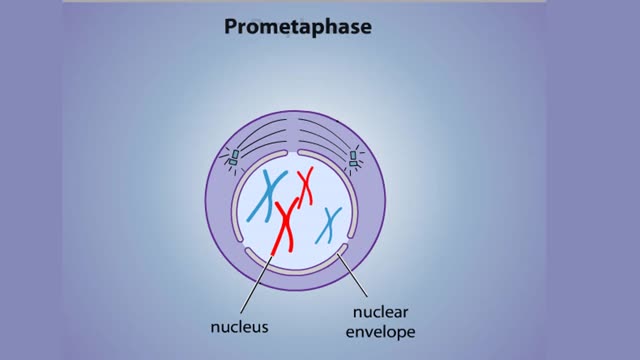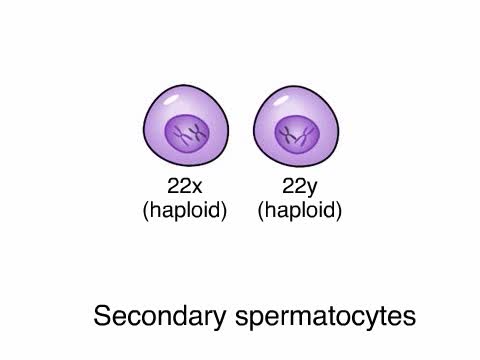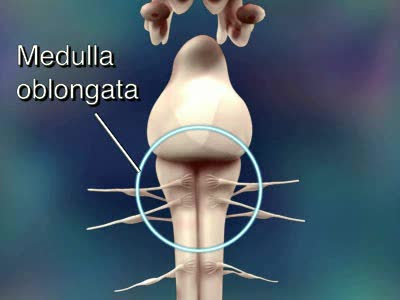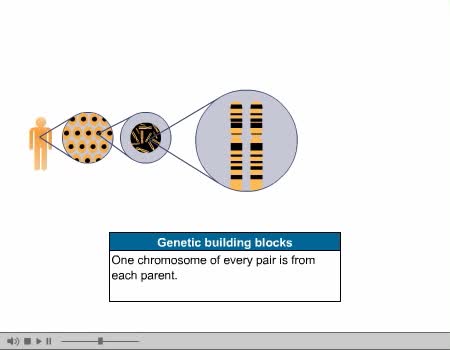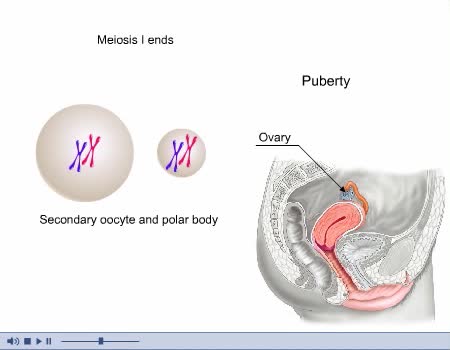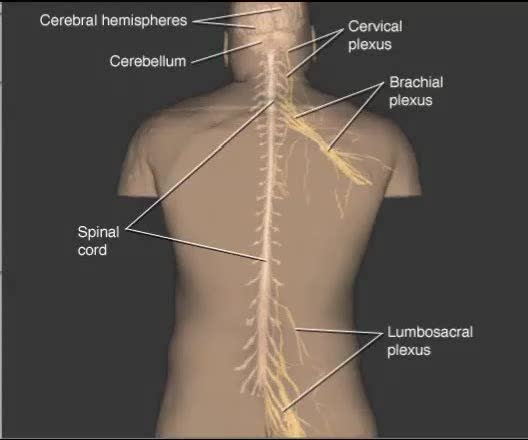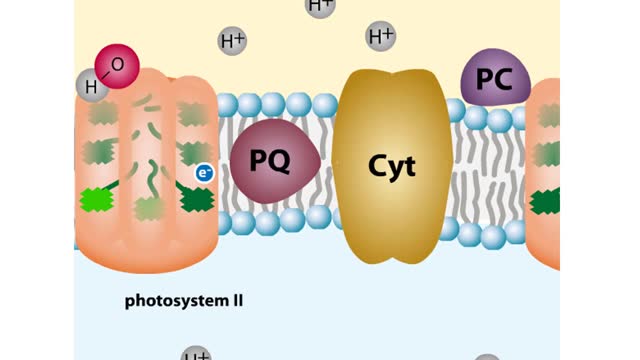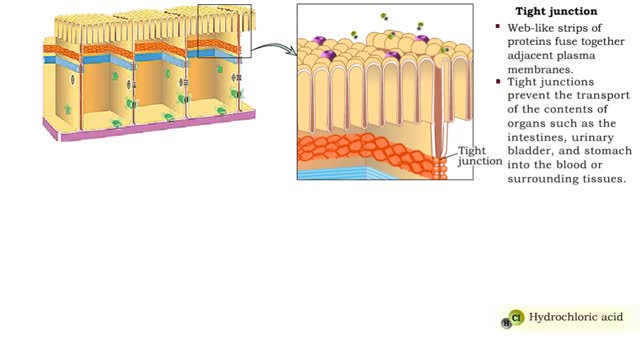Search Results
Results for: 'Cytotoxic T cell receptors'
Egg and Sperm Formations in Animals Animation
By: HWC, Views: 4958
Inside the ovaries of a female animal are diploid germ cells called oogonia. An oogonium grows to become a primary oocyte. This large cell is still diploid. Meiosis I followed by unequal cytoplasmic division produces one large secondary oocyte and a smaller polar body. Both are haploid. ...
Stages of Mitosis - Prophase, Prometaphase, Metaphase, Anaphase & Telophase
By: HWC, Views: 10335
In mitosis, the nucleus divides to produce two nuclei that are genetically identical to each other and to the parent nucleus. To prepare for division, the DNA replicates in the preceding interphase. Although the chromosomes are not yet compacted and visible as discrete bodies, we illustrate them ...
By: Administrator, Views: 573
A man’s reproductive system is specifically designed to produce, store, and transport sperm. Unlike the female genitalia, the male reproductive organs are on both the interior and the exterior of the pelvic cavity. They include: the testes (testicles) the duct system: epididymis and vas def...
Central Nervous System Animation
By: Administrator, Views: 13697
Consists of the brain and spinal cord. CNS receives impulses from throughout the body processes the information responds with an appropriate action Brain and spinal cord can be divided into: gray matter (unsheathed cell bodies and true dendrites) white matter (myelinated nerve fibers) ...
By: Administrator, Views: 13590
Genetics is a branch of biology concerned with the study of genes, genetic variation, and heredity in organisms. Gregor Mendel, a scientist and Augustinian friar, discovered genetics in the late 19th-century. Mendel studied "trait inheritance", patterns in the way traits are handed down from p...
By: Administrator, Views: 13710
Located on either side of the uterus, ovaries are almond-shaped organs attached to the uterus by the ovarian ligament and lie close to the fimbriae of the fallopian tubes. The anterior border of each ovary is connected to the posterior layer of the broad ligament by the mesovarium (portion of th...
Components of the Nervous System
By: Administrator, Views: 510
The nervous system is the part of an animal that coordinates its actions by transmitting signals to and from different parts of its body. The nervous system detects environmental changes that impact the body, then works in tandem with the endocrine system to respond to such events. Nervous tissue...
What are the Parts of a Plant Cell?
By: HWC, Views: 9519
Every chloroplast in a plant cell is packed with stacks of flattened sacs called thylakoids. The thylakoid membranes contain chlorophyll, as well as most of the other components required for the light reactions of photosynthesis. The chlorophyll-containing structures within the membranes are c...
Junction Types - Tight and Adherens Junctions
By: HWC, Views: 10950
Many tissues contain in tercellular junctions between cells. 1. Tight junction 2. Adherens junction 3. Desmosome 4. Hemidesrnosome 5. Gap junction 1. Tight junction • Web-like strips of proteins fuse together adjacent plasma membranes. • Tight junctions prevent the transport...
Advertisement



